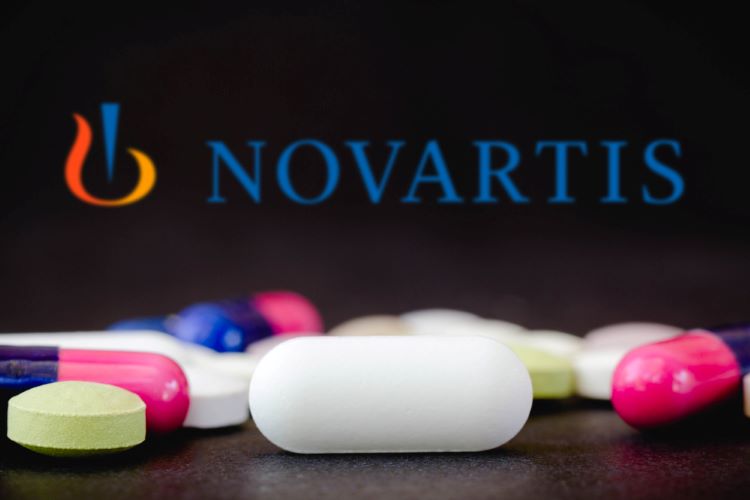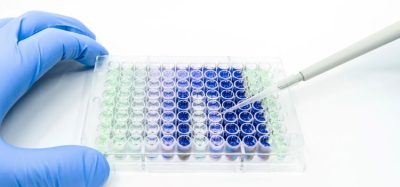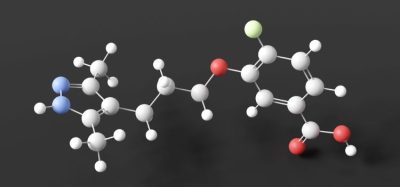Novartis releases data for potentially “practice-changing” PNH medicine
Posted: 26 April 2023 | Catherine Eckford (European Pharmaceutical Review) | No comments yet
Iptacopan achieved “improvement of anaemia never seen before with anti-C5s” in paroxysmal nocturnal haemoglobinuria, showed Novartis data presented at 2023 EBMT.


Credit: rafapress / Shutterstock.com
Oral iptacopan enabled an estimated 92.2 percent of complement-inhibitor-naïve, paroxysmal nocturnal haemoglobinuria (PNH) patients achieve 2 g/dL or more haemoglobin-level increase from baseline without the need for blood transfusions.
The results show “oral iptacopan controls haemolysis while nearly eliminating the need for blood transfusions”
These data from the Phase III APPOINT-PNH trial were presented at the 2023 Annual Meeting of the European Society for Blood and Marrow Transplantation (EBMT).
The results show “oral iptacopan controls haemolysis while nearly eliminating the need for blood transfusions,” stated study principal co-investigator Professor Régis Peffault de Latour, PhD, of Saint-Louis Hospital, Greater Paris University Hospital.
What is iptacopan?
Iptacopan is a first-in-class, orally administered targeted factor B inhibitor of the alternative complement pathway. It acts upstream of the C5 terminal pathway, preventing intravascular and extravascular haemolysis in PNH.
Data from the APPOINT-PNH and APPLY-PNH trials
An estimated 97.6 percent of the 40 patients achieved red blood cell transfusion independence at 24 weeks, in the APPOINT-PNH trial. This is in contrast to 70 percent of patients who received blood transfusions in the six months prior to treatment.
In the Phase III APPLY-PNH trial, 97 patients were randomised to either twice-daily oral iptacopan or intravenous anti-C5 therapies. Data demonstrated the superiority of iptacopan over anti-C5 therapy for PNH patients experiencing residual anaemia, despite prior anti-C5 therapy.
“… haemolytic PNH patients treated with iptacopan achieve[d] improvement of anaemia never seen before with anti-C5s,” commented clinical trial principal co-investigator Dr Antonio Risitano, PhD, President of the International PNH Interest Group and Head of the Hematology and Hematopoietic Transplant Unit, Reference Center for Aplastic Anemia and Paroxysmal Nocturnal Hemoglobinuria at the AORN San Giuseppe Moscati in Avellino, Italy.
“We look forward to our first submissions to regulatory authorities for PNH in the first half of this year,” noted Dr David Soergel, Global Head of the Cardiovascular, Renal and Metabolism Development Unit at Novartis.
Dr Soergel added that Phase III results for iptacopan in C3 glomerulopathy and IgA nephropathy are “anticipated later in the year.”
PNH is a rare, chronic blood disorder. Many individuals with PNH remain anaemic, fatigued, and dependent on blood transfusions. It is estimated that approximately 10-20 people per million worldwide live with PNH, according to research, Novartis stated.
Therefore, Dr Antonio Risitano concluded that iptacopan could be “a practice-changing oral medicine” for PNH.
Related topics
Big Pharma, Clinical Development, Clinical Trials, Drug Development, Drug Safety, Research & Development (R&D), Therapeutics
Related organisations
Related drugs
Related people
Dr Antonio Risitano, Dr David Soergel, Professor Régis Peffault de Latour









